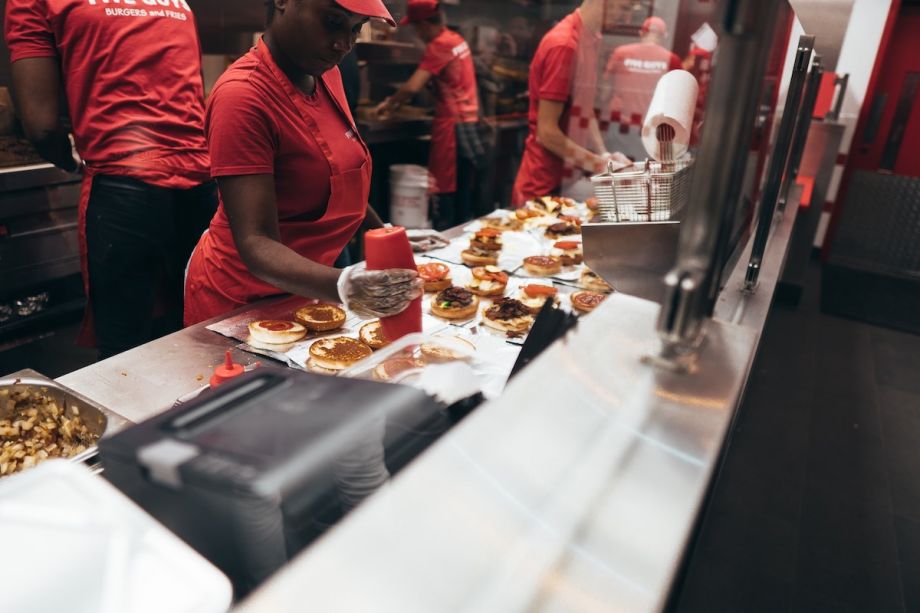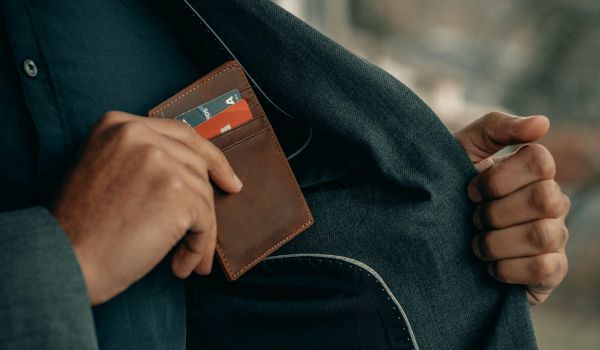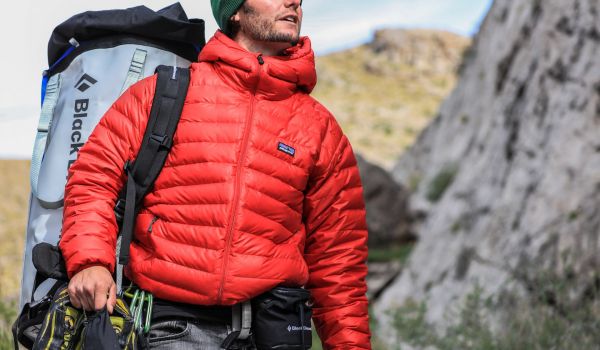Happy New Year! We’re excited to welcome you back to the Weekly Wrap!
Also, a reminder: if you ever have news, resources or events that you think should be included in this newsletter, please let us know. Email us: wrapped@nextcity.org.
Half of the States in the U.S. Will Raise Minimum Wages for Some Workers This Year
This January, minimum wages will increase in 22 states and 43 cities and counties, according to a report from the National Employment Law Project. In 47 jurisdictions, minimum wages will reach at least $15 an hour and in 26 jurisdictions at least $17 per hour. And by the end of 2024, a total of 25 states and 60 cities and counties will have raised their minimum wage.
Some of the hard-fought wins secured by workers in 2023 include California fast food wages rising to $20 an hour. There are also numerous 2024 ballot campaigns to raise minimum wages across the country, including a ballot initiative that could raise the minimum wage to $20 by 2027 in Massachusetts and to $18 for all non-fast food workers in California by 2025-2026.
Minimum Wage Increase for App-Based Delivery Drivers Could Improve Street Safety
In New York, a new minimum wage law for app-based delivery drivers is already leading to safer streets, according to Streetsblog. The outlet quotes delivery drivers who say they are already in less of a rush to deliver meals and are less likely to take big risks on the road. New York’s law raises the minimum wage to $17.96 per hour for an estimated 65,000 delivery workers across the city and it will rise to $20 per hour by 2025. Between 2020 and 2022, 26 delivery workers died on the job, according to Streetsblog.
Collectively-Owned Manufactured Home Parks Get Solar
According to Grist, more and more residents of manufactured homes (commonly called mobile homes) are forming cooperatives and buying the land on which they park their vehicles. This makes it easier to pool resources and install solar upgrades as well as climate-resilient infrastructure like flood drains. Many of the co-ops are in the northeast and Pacific Northwest where there is more access to state resources for manufactured homes, according to Grist.
Also at Grist, a solar energy tax credit that previously only benefited people who owed lots in taxes will now function as a straightforward refund for nonprofits, allowing them to provide low-cost solar equipment to moderate-income homeowners.
New York Will Finally Start Rolling Out More Cannabis Licenses
New York State will now be handing out 1,445 new licenses in the first few weeks of the year, including 500 for dispensaries, according to Gothamist. New York state legalized weed in 2021 but has been slow at licensing cannabis stores. As a result, New York City is filled with unofficial weed stores operating in a legal gray area while waiting for regulators to distribute licenses. The state has distributed licenses to 400 dispensary owners so far, and only a few dozen now operate legally, according to Gothamist. The 2021 law calls on the state to prioritize half of all licenses to people from marginalized communities disproportionately hurt by the war on drugs, as well as minority and women-owned businesses and disabled veterans.
Beloved Bookstore Faces Eviction for Saving Lives of Drug Users
The community bookstore and mutual aid hub Bluestockings is facing possible eviction due to its free distribution of Narcan and drug test strips, Curbed reports. The store distributes as many as 40 opioid overdose prevention kits a day to customers. The store received a “Notice to cure,” from a landlord in October stating that eviction proceedings would occur if it continued to allow homeless residents to use restrooms or continue its “unauthorized use of the premises as a medical facility.” (It is legal to distribute Narcan.) Collective members believe the notice was prompted by neighbors with fears of people experiencing homelessness. “We will never stop offering our completely legal, free resources to the community,” a collective member told Curbed.
Curated by Deonna Anderson
MORE NEWS
-
Wall Street’s growing housing stock is pricing out Latino renters and buyers. NBC News
-
An interview with Kimberly Dowdell, the American Institute of Architects’ 100th president. CityLab
-
How Jillian Hishaw, an author, agricultural attorney, and nonprofit leader, is helping Black farmers keep their land. Capital B
-
In Juneau, Alaska, tourist dollars help buy heat pumps for locals. Grist
RESOURCES & OPPORTUNITIES
-
The Othering & Belonging Institute is accepting applications for its summer fellowships. These are “paid research experiences for individuals seeking to develop their research skills by engaging with the Institute’s multidisciplinary research, analysis, policy, and strategic narrative work.” Learn more here.
-
Next City is still recruiting for its equitable cities fellowship based in Greensboro. It’s a full-time four-month reporting opportunity. Learn more about how to apply here.
EVENTS
-
The U.S. Census Bureau and its partners are hosting the Census Open Innovation Summit 2024. It’s an annual innovation conference showcasing technology built with open data, and highlighting government innovations, cross-sector collaboration, and federal-community partnership. It’s virtual, free and taking place Jan. 17-19, 2024. Learn more and register here.
-
The Next City team is planning events throughout 2024. Be on the lookout for them on our event page here!
This article is part of The Weekly Wrap, a newsletter rounding up stories that explain the problems oppressing people in cities and elevate the solutions bringing us closer to economic, environmental and social justice. Click here to subscribe to The Weekly Wrap newsletter.

Roshan Abraham is Next City's housing correspondent and a former Equitable Cities fellow. He is based in Queens. Follow him on Twitter at @roshantone.



















Add to the Discussion
Next City sustaining members can comment on our stories. Keep the discussion going! Join our community of engaged members by donating today.
Already a sustaining member? Login here.